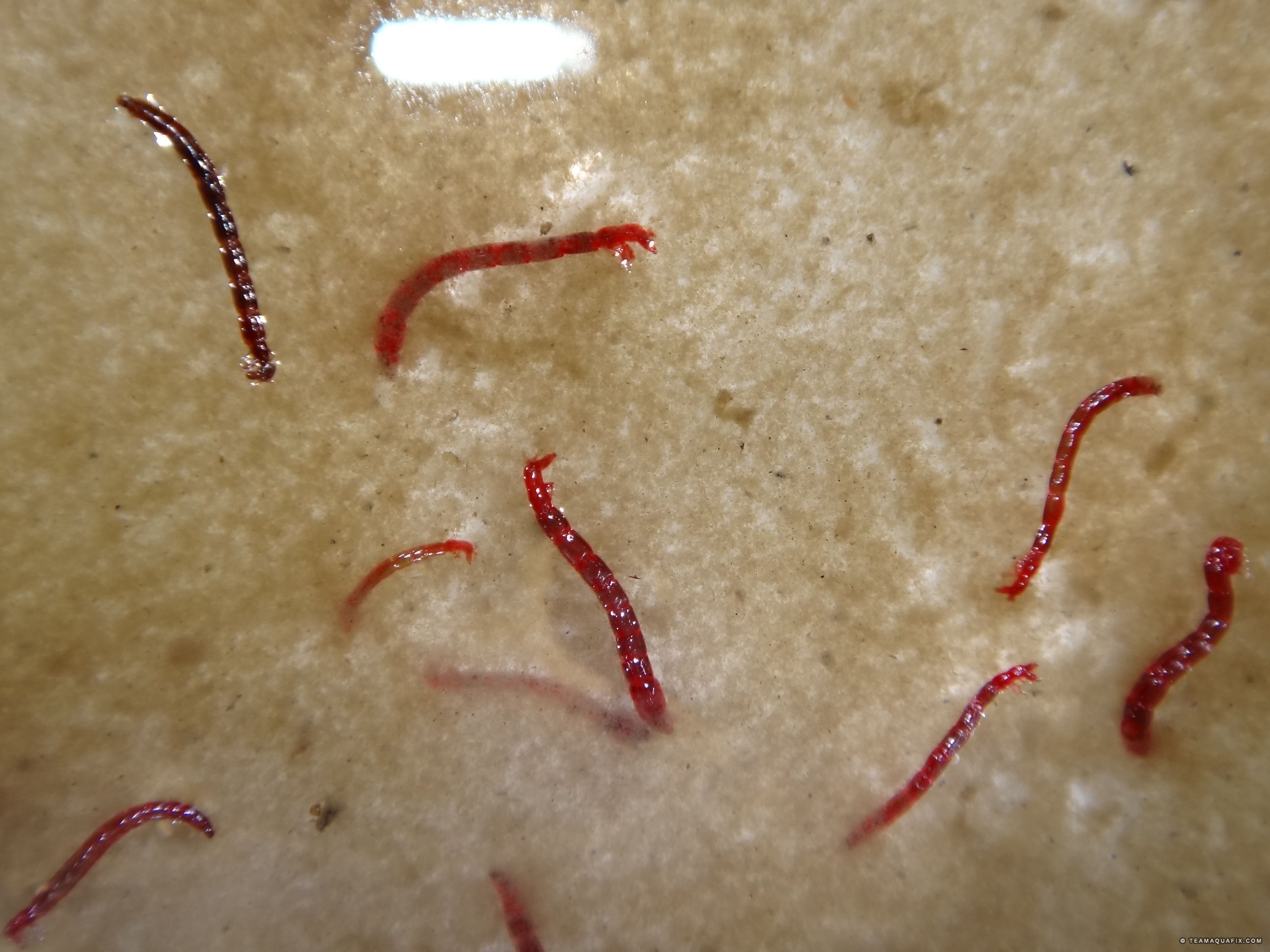Why Red Wigglers Are Essential for Natural Farming
Red wigglers play a crucial function in organic farming, largely through their distinct ability to decompose natural materials and enhance soil health. Their task not only enhances the dirt with necessary nutrients however likewise fosters a growing environment vital for lasting agriculture. The physical processes they engage in, such as oygenation and moisture retention, contribute dramatically to boosted crop returns. However, the degree of their impact on farming practices and soil biology increases interesting concerns about the future of natural farming. What implications might this have for farming methods?
Function of Red Wigglers in Soil Health And Wellness

Additionally, red wigglers boost soil framework by producing channels as they tunnel. These channels boost aeration and water seepage, advertising a much healthier root atmosphere. Their task likewise aids in preserving optimal dampness levels, which is crucial for healthy and balanced plant growth.

Benefits of Worm Spreadings
Worm spreadings, the nutrient-rich excrement produced by red wigglers, offer as an effective change for chemical-free farming. These castings are replete with essential nutrients such as nitrogen, phosphorus, and potassium, which are essential for plant development. Unlike synthetic plant foods, worm spreadings launch nutrients slowly, giving a consistent supply in time and decreasing the threat of nutrient leaching and overflow.
Additionally, worm spreadings improve dirt framework and aeration, promoting much healthier root systems. Their high raw material web content enhances wetness retention, allowing plants to much better withstand dry spell conditions. In addition, worm castings have valuable bacteria that sustain plant wellness by subduing microorganisms and enhancing nutrient uptake.
The application of worm castings can lead to boosted crop returns red wigglers for sale near me and improved top quality of fruit and vegetables, making them a vital resource for natural farmers. Their usage additionally aligns with lasting farming practices, adding to dirt fertility without the negative environmental influences related to chemical plant foods. In general, the unification of worm castings into farming techniques fosters a much more durable and efficient ecological community, underscoring the value of red wigglers in natural farming systems.

Enhancing Nutrient Cycling
(red wigglers eisenia fetida)Nutrient biking is an important process in chemical-free farming, and the integration of red wigglers plays a crucial function in boosting this cycle. These earthworms contribute significantly to the failure of organic issue, helping with the makeover of complicated organic products into less complex, much more easily accessible nutrients for plants. As red wigglers consume rotting natural matter, they secrete nutrient-rich spreadings, which are including valuable microorganisms. This microbial activity additional help in the decomposition process, making sure that essential nutrients are easily offered for plant uptake.
Additionally, red wigglers assist to increase the mineralization of nutrients, transforming them from inert forms right into bioavailable kinds that plants can soak up. This procedure is important for keeping dirt fertility and promoting healthy crop growth. The existence of red wigglers additionally urges a varied dirt ecological community, cultivating a balance of nutrients that sustains numerous plant varieties.
Improving Soil Framework
The improvement of soil framework is important for fostering a healthy and balanced agricultural community, and the task of red wigglers substantially contributes to this renovation. These earthworms play an important function in aerating the soil and producing a network of channels that assist in water seepage and origin infiltration. As they delve via the dirt, red wigglers separate compressed layers, permitting far better oxygen exchange and advertising microbial activity.
Moreover, the organic matter produced from their waste, called vermicast, enhances dirt gathering. This procedure produces steady clumps of soil fragments, boosting dirt porosity and minimizing erosion (red wigglers). The presence of red wigglers also urges the growth of helpful fungal networks, which are critical for nutrient uptake by plants
Supporting Sustainable Practices
Integrating red wigglers right into natural farming methods not only boosts dirt health and wellness but also advertises sustainable agricultural approaches. These earthworms play an essential function in nutrition cycling, changing organic waste into beneficial compost that enriches the dirt. By utilizing red wigglers, farmers can effectively lower reliance on artificial plant foods, thereby decreasing chemical overflow and its harmful results on ecological communities.
Additionally, the incorporation of red wigglers motivates the practice of reusing organic products, such as kitchen area scraps and ranch waste. This waste reduction strategy not just lowers disposal expenses but additionally fosters a closed-loop system where nutrients are continually returned to the dirt (red wigglers). Such practices are crucial in reducing environment change, as they boost carbon sequestration and reduce greenhouse gas exhausts
Furthermore, red wigglers improve water retention in the soil, which is critical in times of drought. Their burrowing tasks develop channels that allow water to permeate much deeper into the ground, therefore advertising efficient water use. Inevitably, integrating red wigglers right into chemical-free farming not just sustains biodiversity yet also straightens with the concepts of lasting agriculture, providing an all natural approach to food production.
Final Thought
To conclude, red wigglers play a crucial function in natural farming by significantly enhancing soil health and wellness and fertility. Their capacity to decay raw material and produce nutrient-rich castings promotes a growing microbial community, which is important for nutrition cycling. Furthermore, the tunneling tasks of these worms enhance dirt framework and oygenation, promoting better water infiltration and origin development. Hence, the assimilation of red wigglers into farming techniques is vital for advertising sustainability and boosting overall soil quality.